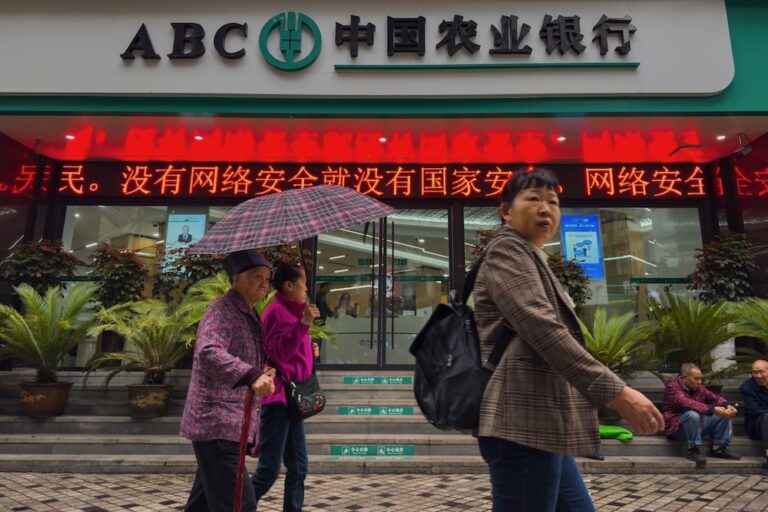(RSF/IFEX) – A 21-point directive which the Propaganda Department sent to the Chinese media prior to the Olympic Games shows the degree to which their coverage of the games was “biased and politicised,” Reporters Without Borders said on 26 August 2008. The Hong Kong-based “South China Morning Post” first reported the existence of the directive […]
(RSF/IFEX) – A 21-point directive which the Propaganda Department sent to the Chinese media prior to the Olympic Games shows the degree to which their coverage of the games was “biased and politicised,” Reporters Without Borders said on 26 August 2008. The Hong Kong-based “South China Morning Post” first reported the existence of the directive more than two weeks earlier. Now a Chinese blogger has posted what is said to be the text of the directive online.
“It is not at all surprising that the Communist Party’s censorship agency banned coverage of demonstrations by pro-Tibetan groups or the existence of designated protest areas in Beijing but the instructions regarding food security and the Chinese team’s results are astounding,” Reporters Without Borders said. “We call on the International Olympic Committee to investigate this censorship directive, which is both a violation of the commitments given in 2001 and yet another infringement of the free flow of news in China.”
Because of its timing, most of the subjects mentioned in the directive concern the Olympic Games. The Communist Party, the organiser of the games, was clearly afraid that they might be disrupted by sports, political or international news. So much so, that it even banned the media from criticising the Chinese Olympic team’s selection process (point 21).
Security is a major concern, with the party asking Chinese journalists to stick to the official version in the event that foreigners are involved in any emergency (point 17). The media are also asked to be “positive” in their coverage of the security measures adopted during the games (point 19).
As regards international affairs, the directive strongly advises the media to limit coverage of such current thorny issues as Burma, Darfur and North Korea (point 13). As is customary, the Propaganda Department urges the media to use the dispatches of the official news agency Xinhua when tackling any sensitive subject.
The directive also forbids the media to mention food security problems, the unblocking of dozens of websites, including the Reporters Without Borders site ( http://www.rsf.org ), on 1 August (point 2) and Chinese businessman Lai Changxing, who fled to Canada in 1999 to escape corruption charges (point 11). Any criticism of the 8 August opening ceremony is also forbidden (point 8), although the Chinese Internet was abuzz with comments of all kinds about the ceremony (point 10).


